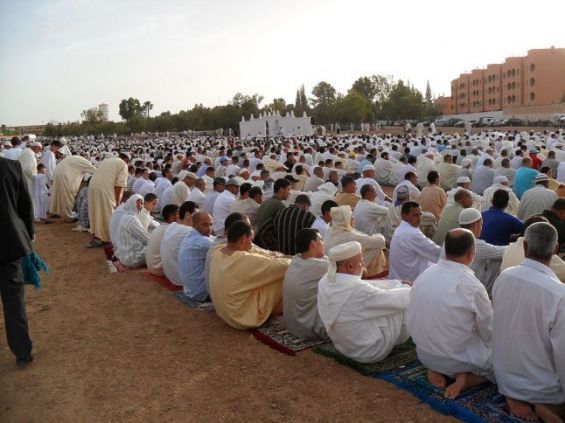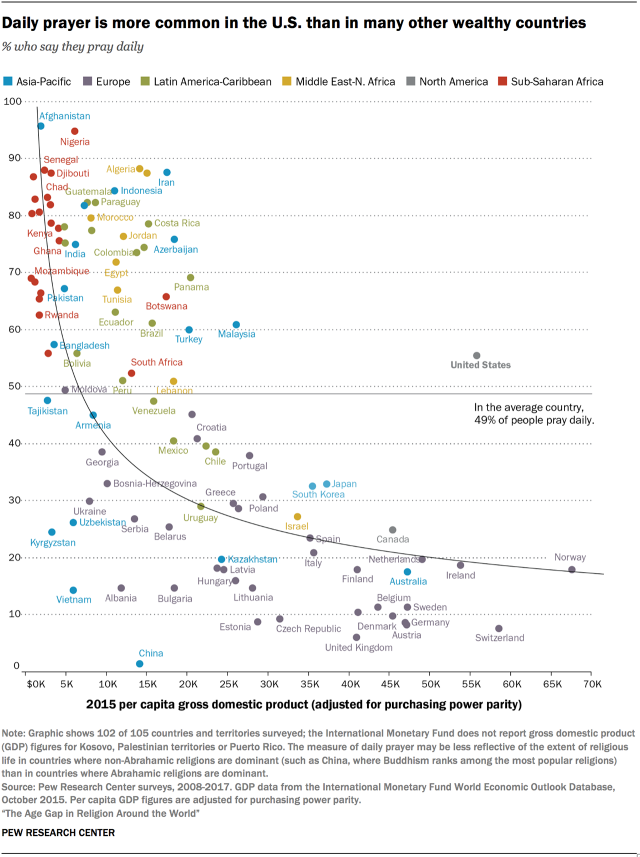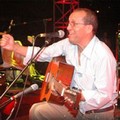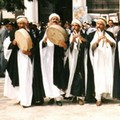Moroccans are among nationals that pray the most on a daily basis, a new Pew Research Center survey revealed on May the 1st. According to the study that focuses on the frequency of prayer in the word, around 80% of Moroccans said that they pray daily, topping the list of Muslim countries studied by the American fact tank.
In North Africa, Algerians turn to God in prayer more often than Moroccans, with 88% of them praying daily. In other neighboring countries, 72% of Egyptians and 67% of Tunisians pray daily. The same survey indicates that only 52% of respondents from Lebanon said that they pray on a daily basis, while the share of adults who say they pray daily in Iran is 87%.
Other countries with big Muslim communities were also featured in the survey. Nigeria, for example, has emerged as the most prayerful nation in the world, as 95% of respondents said they prayed daily.
People in poorer countries tend to be more religious
The survey did not include wealthy countries from the Arab World, namely Qatar and the United Arab Emirates. However, the survey did not exclude countries in Europe, Latin America and Asia. In Europe, Greece tops the list as 30% of its respondents said they pray daily. The country is followed by Spain, where the share of adults who pray daily is 23%. The lowest daily rate of prayer in Europe is recorded in the UK and Germany, where only 6% and 9% of respondents said they pray daily, respectively.
In North America, the study found out that the United States have high levels of prayer. In fact, 55% of Americans pray daily, the same source revealed.
According to the survey, these religious trends have an economic explanation. «Countries with less wealth tend to have higher rates of prayer», the author of the survey indicated. To put it in other words, the same source explains that in every country where «at least 70% of adults say that they pray each day has a per-capita GDP under $20,000».
Moreover, Pew Research concludes that prayer rates are related to a country’s level of wealth, which is «inversely proportional to its levels of religious, belief in God, attendance at religious services and stated importance of religion in one’s life».
According to the American agency, people in poorer countries are likely to be more religious that the ones who live in wealthy nations.





 chargement...
chargement...














